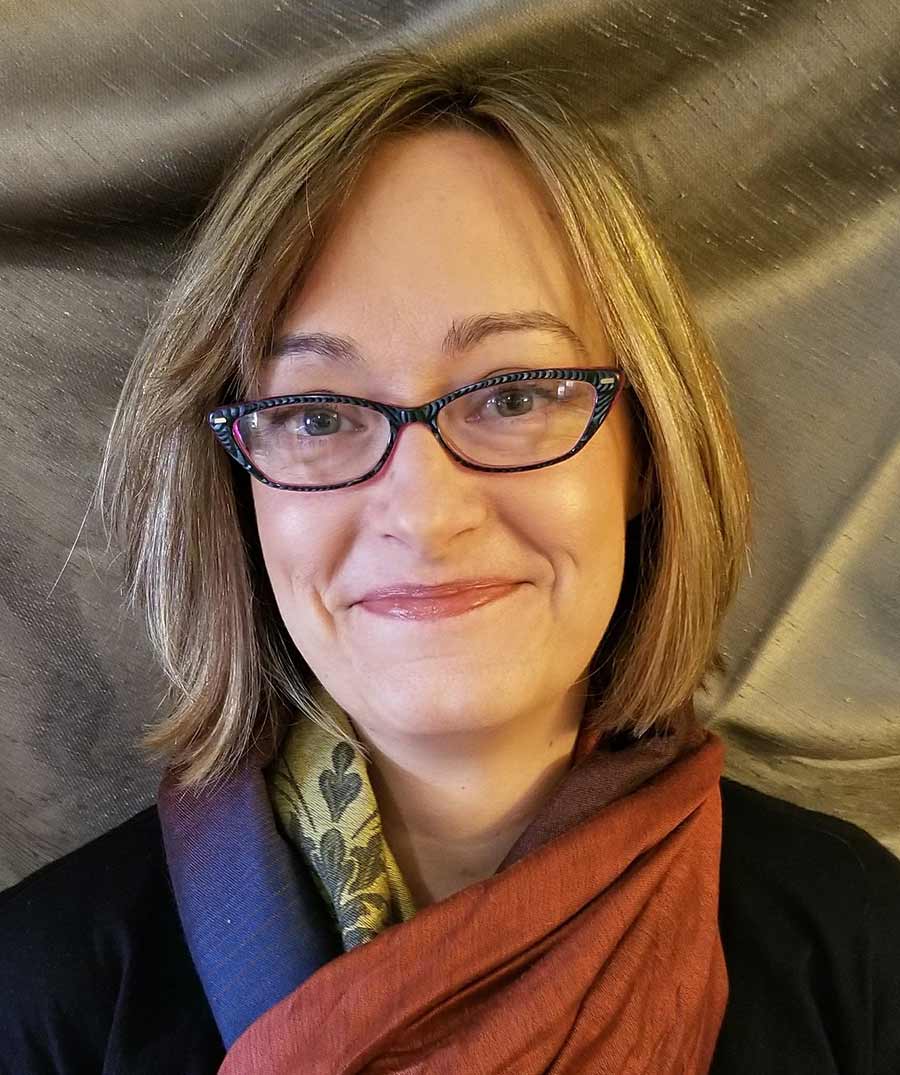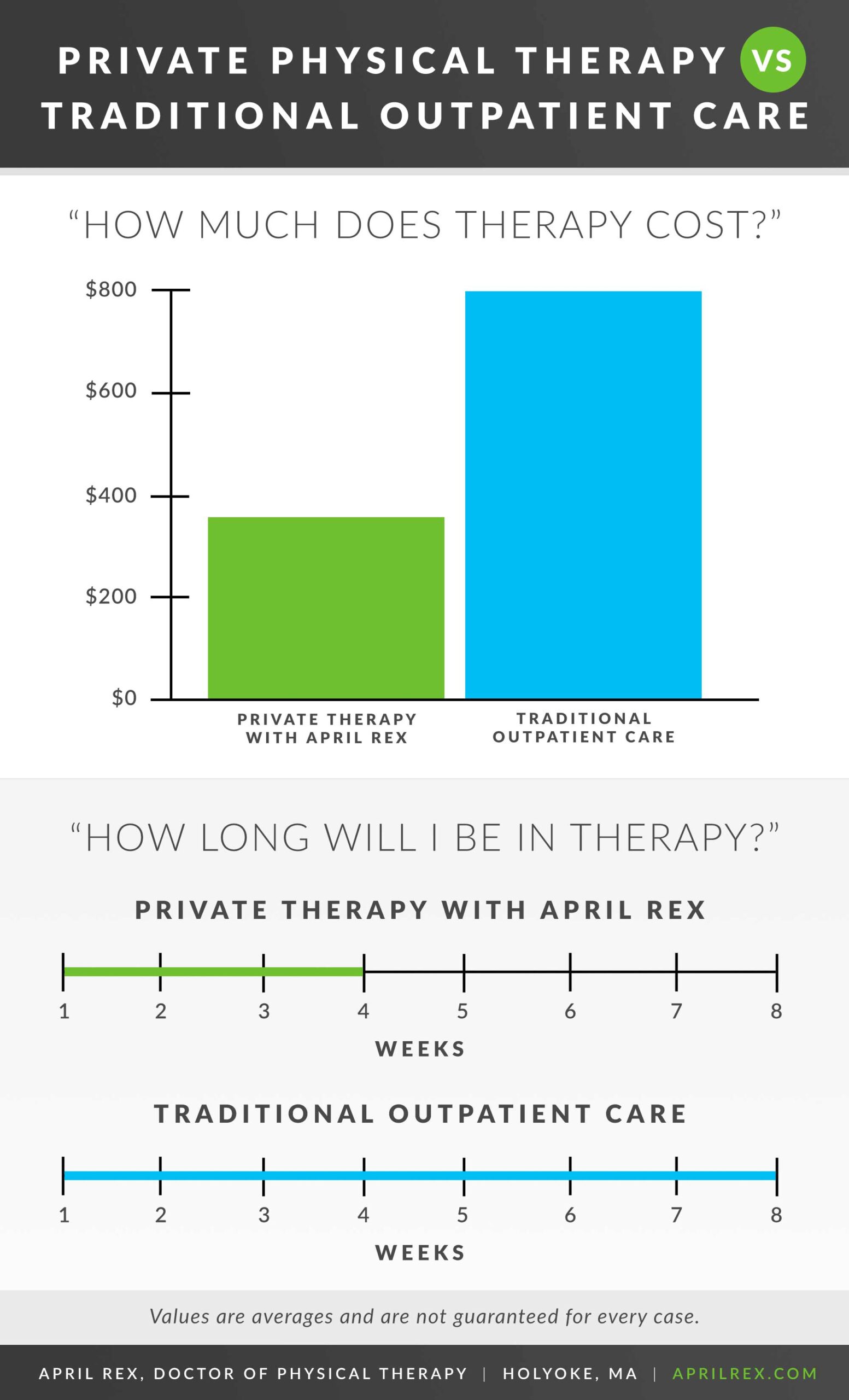Neural Manipulation
Neural Manipulation examines mechanical relationships between the cranium/spine hard frame to the dura and neural elements. It provides assessment and treatment approaches to address restrictions of the dural and neural components not commonly focused on with musculoskeletal symptoms. Neural Manipulation identifies and releases local nerve restrictions while at the same time examines the effect these local fixations have on the rest of the body, and by accessing this relationship, resolves the more comprehensive (global) dysfunctional patterns.
A nerve only functions correctly when it is able to move feely within its surrounding structures. The modality of Neural Manipulation facilitates nerve conductivity and intraneural blood supply for local and systemic responsiveness. By understanding the detailed anatomy of the neural manipulation, one can clearly see the potential for pathological change when nerves are restricted.
Manual therapy, as it applies to the treatment of nerves, follows the standard principles of mobility and function. For optimal function nerves must be able to move freely within their surroundings.
Descriptions via The Barral Institute.
Who Can Benefit:
My approach is particularly effective for those conditions that have not been resolved in the traditional therapy setting. It is appropriate from pediatrics to geriatrics and most conditions typically respond to this approach including:
- Acute Pain
- Chronic Pain
- Musculoskeletal Injuries
- Concussions/TBI
- Digestive Disorders
- Male and Female Pelvic Pain and Dysfunction
- Preoperative Preparation and Post-Operative Recovery
- Injury Prevention and Injury Recovery
-
Trauma/PTSD
-
ADD/ADHD
-
Autism
-
Emotional Difficulties
- TMJ Dysfunction
What to Expect in a Session:
One on one therapy sessions guarantee a unique treatment and plan of care. Sessions typically last one hour. Outside of the current medical model, I have the freedom to see you in my office, in your home or perhaps you need me to evaluate an activity, posture, or dysfunction at work or on the playing field. I am willing and able to travel to see you in motion in order to integrate changes into your daily life.
Frequency of Sessions:
Typically, patients receive treatment once every ten to twenty days with few exceptions depending on the injury and acuteness of the complaint.
Scheduling:
By appointment.
Use scheduling link to book an appointment.


